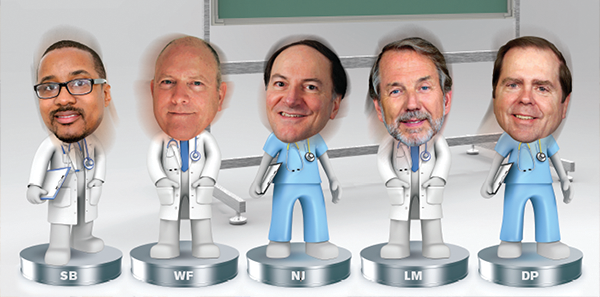
LM: To that point, Jack Welch famously took the position during his tenure at GE that if he couldn’t be number one or number two in a particular market, then he didn’t need to be in that market. He later said that had been a serious error, that he had missed lots of opportunities to have lots of good businesses and divisions of GE that could have been very, very successful and very competitive. Now, those of us that are large organizations, we believe in economies of scale, but most of us acknowledge that there are diseconomies of scale [forces that cause larger firms and governments to produce goods and services at increased per-unit costs], and there are some bureaucracies that all of us would like not to have. We obviously think that the advantages outweigh the disadvantages, and I don’t think any of us—at least I surely don’t—think that this is the only way to do it. I think what you said is right: there are going to be lots of ways to skin a cat. But I don’t think you can do just what you always did and have your head in the sand about the changes that are occurring around us and still succeed. Whether you’re a single hospital group, regional group, democratic group, or a publically traded group, you just can’t be complacent about that.
Explore This Issue
ACEP Now: Vol 34 – No 11 – November 2015NJ: And the key to that is you have to invest the time and energy and the resources to make those changes. If you decide not to make that investment, you’re going to lose.





No Responses to “Emergency Medicine Leaders Discuss How Democratic Groups Manage Scale, Consolidation”